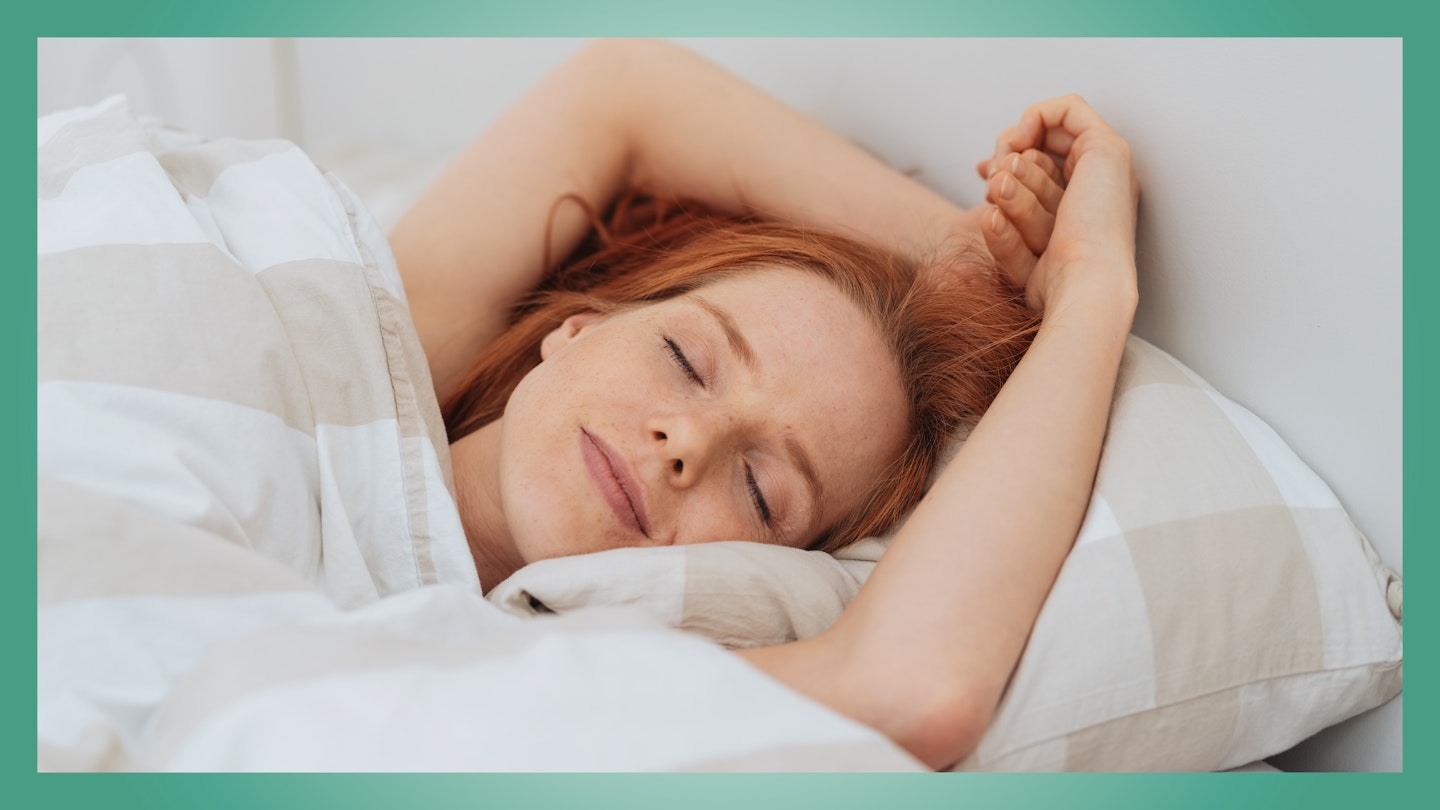Credit: Wake Up to Sleep: 5 Powerful Practices to Transform Stress and Trauma for Peaceful Sleep and Mindful Dreams (Hay House £10.99), by Charlie Morley
• A six-year Harvard Medical School study has shown that those who nap regularly are 37 per cent less likely to die of heart disease than non-nappers, with male nappers reducing their chance of heart disease even more, by up to 64 per cent. There is no daily medicine that can reduce a man’s chances of dying from heart disease by that much.
• A sleepless night can increase irritability (due to over-reactivity in the brain’s threat detector, the amygdala) by up to 60 per cent, but thankfully a 60-minute nap can greatly reduce that reactivity and even naps as short as 20–30 minutes can decrease fatigue and improve mood and alertness.
• A study at NASA found that a 4-minute nap improved astronauts’ alertness by up to 100 per cent, while improving their overall performance by 34 per cent.
• Dr Sara Mednick, a psychologist at the University of California, found that after a 60–90-minute afternoon nap, people performed just as well on a memory test as they did after a full night of sleep.
Charlie says: ‘I don’t want to labour the point here, but napping is incredibly good for you and makes you measurably better at whatever you do after it, so I highly recommend finding a way to bring it into your daily or weekly routine.’
